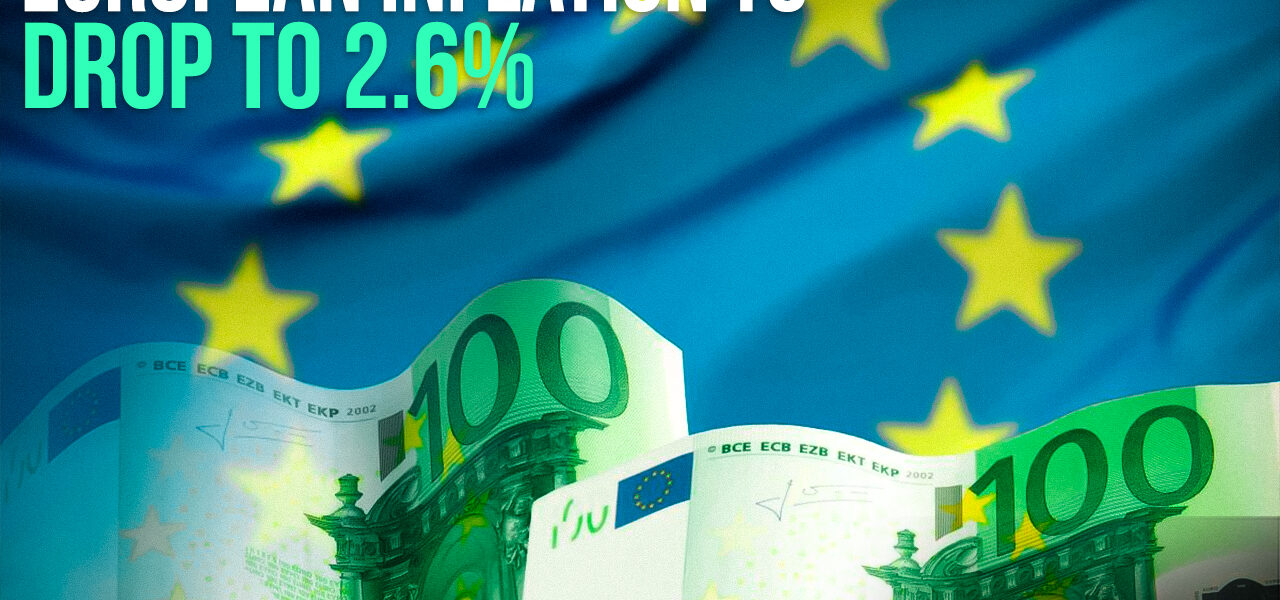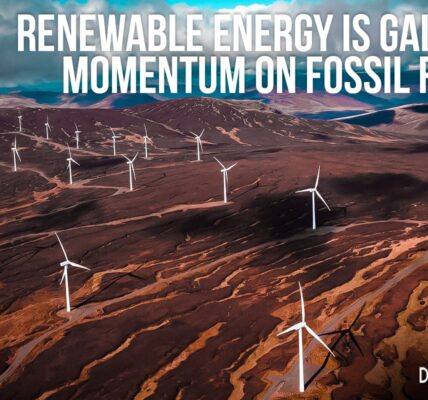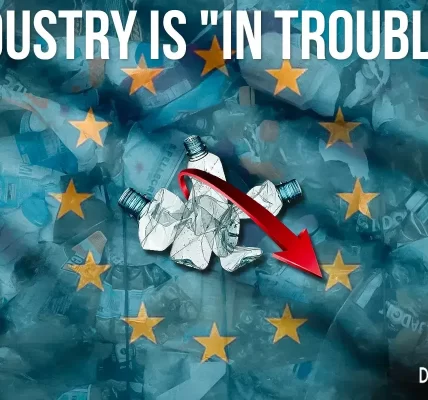Falling Energy Prices and Slower Food Inflation Cause European Inflation to Drop to 2.6%
In February, the inflation rate in the European economy saw a decline to 2.6%, attributed to various factors such as elevated interest rates, stabilized oil and gas prices, and sluggish economic growth, which restrained price hikes in retail outlets.
Eurostat, the statistical agency of the European Union, reported Friday that this figure for the 20 euro currency-using countries marked a decrease from January’s 2.8%.
This current inflation rate is notably lower than its peak of 10.6% in October 2022, which was a consequence of reduced natural gas supplies from Russia, causing energy prices to soar.
Although inflation is gradually moving towards the European Central Bank’s target of 2%, achieving this goal is proving to be a gradual process. The recent decrease in food inflation from 5.6% to 4% offers some relief to lower-income individuals who allocate a larger portion of their earnings to essential expenses. Additionally, energy prices saw a decline of 3.7%.
A significant indicator of the easing inflationary pressure is core inflation, excluding volatile food and fuel prices, which decreased to 3.1% from 3.3%, reaching its lowest level since March 2022.
Following disruptions caused by Russia’s gas supply cuts and pandemic-related supply chain issues, the economy has begun stabilizing. However, the lag in purchasing power recovery has impeded economic momentum, with many workers yet to see improvements in their wages.
The European Central Bank’s aim of achieving 2% inflation is gradually approaching. The bank had previously responded to inflationary pressures by raising interest rates to a historic high of 4% in September, aiming to curb demand and, subsequently, inflation. Nevertheless, higher credit costs can hinder economic growth, which has been stagnant in the eurozone, recording zero growth in the last quarter of the previous year.
With concerns about economic growth and subdued inflation, attention is turning to when the ECB might consider reducing interest rates. While the governing council meets Thursday, no rate changes are anticipated yet. Analysts, like Carsten Brzeski from ING Bank, suggest that the ECB might wait until June to assess further data on wages and prices before considering rate cuts, ensuring that inflation remains under control.





